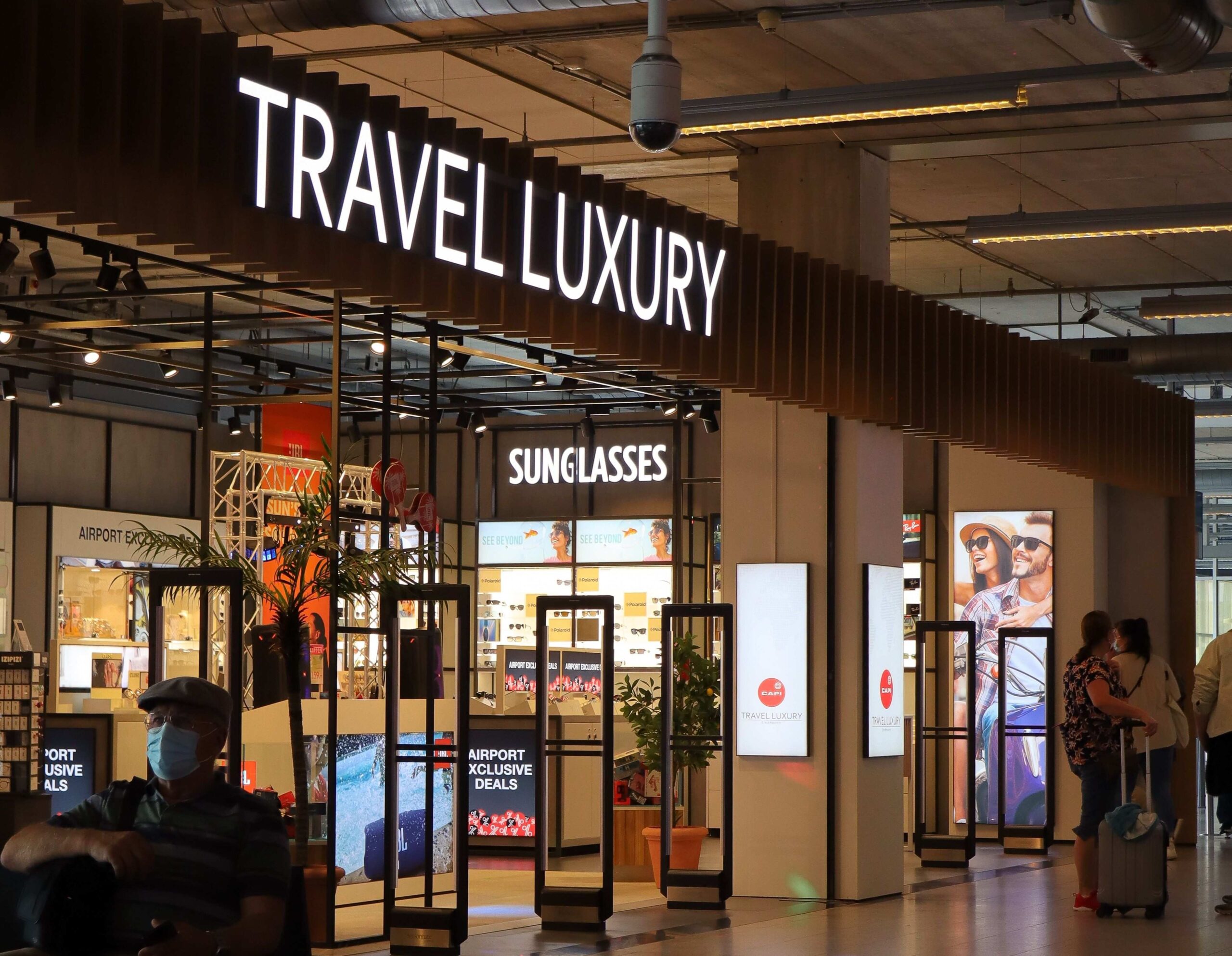


Dubai is a shock to those who seldom travel to the country. Arriving at midnight to participate in @COP28, it was a humid 26 degrees. And, it’s the middle of winter.
From landing to getting into the back of the taxi, including a decent walk through the sprawling airport, passport control and customs, took 43 minutes and I didn’t need to interact with anyone. Even as a foreigner, I was able to use the automated gates which matched up my passport with my visa and picture taken at the gate.
The drive through Dubai in the middle of the night is an assault to the senses. The sprawling city is brightly lit, the highways are pristine, and there is visible policing as women walk home, unafraid of being molested in any way.
It’s hard to believe that this wealthy city was made up of a handful low rise buildings set against the ochre-coloured desert sands less than 35 years ago. Today it’s vast with hundreds of hyper-modern tower blocks.
Dubai is evidence that applying basic business principles to any problem will see it resolved within a short period.
Rewind to a sweltering December Tuesday in Johannesburg and tensions in the International security and passport control queues are fraying. There’s the usual “apology” of those scurrying to the front, claiming to be late for their flights; and today, more than usual there are protests from those who are on time and resent those whose timekeeping does not match theirs.
The International departures queue was barely fit for purpose when the Airports Company South Africa went billions into debt to create a showcase for the 2010 World Cup. It suggests the design is approaching 20-years old and there is little indication anyone is thinking about the passenger experience, least of all doing something about it.
Three security scanners are working and the queue marshal has an obscure system of feeding passengers toward the machines.
“Wake up earlier!” bellows a woman frustrated by yet another person pushing through the queue.
Through security, there is the passport queue, snaking more than a hundred deep as the queue behind the security gate builds still further. It’s going to be a long, tense afternoon.
There are four Home Affairs officials stamping passports.
“Are you always under this much pressure?” I enquire when it comes to my turn. His look says it all. He smiles politely and wishes me well.
Through the gates and into the retail space in what is called “Duty Free” but whose pricing does not seem to reflect what should be a 15% reduction in VAT.
I question quietly whether there is room for a Competition Commission enquiry into wine and liquor pricing considering there appears to be little competition and you cannot take liquids on international flights. I chortle to myself as I recall government and the GEPF together own nearly 95% of the equity in ACSA, once a crown jewel among publicly owned companies.
The shops are fairly empty – I think of the slow security queue and picture the stress building up there and wonder how many will have the time to shop, never-mind browse remarkable local products.
Airports have three sources of revenue: Aeronautical, which makes up less than half of ACSA’s income, that’s the extra tax you pay on your ticket for arriving and departing, non-aeronautical, which is everything from retail to advertising, parking and other bits and pieces, and debt, of which it has plenty.
According to the 2022 annual report, the airport, which is recovering from the COVID freeze on travel, lost R1bn in 2022, on top of a R2.6bn loss the year before.
Here is the irony, it could be earning considerably more from retail. It moved from fixed rentals during COVID to a percentage of turnover which would be considerably larger if pricing was competitive and people had time to kill airside.
I arrived at the airport 3 hours ahead of departure. Checkin was quick, but by the time I got through the mess described here, there was no time nor inclination to shop. If I was a retailer I would rebel.
Do I remember ACSA spent R800m on a plush new office building nearby. A little birdie tells me the rentals are so iniquitous that it has only one tenant – ACSA itself. Now had some of that gone into the customer experience…



